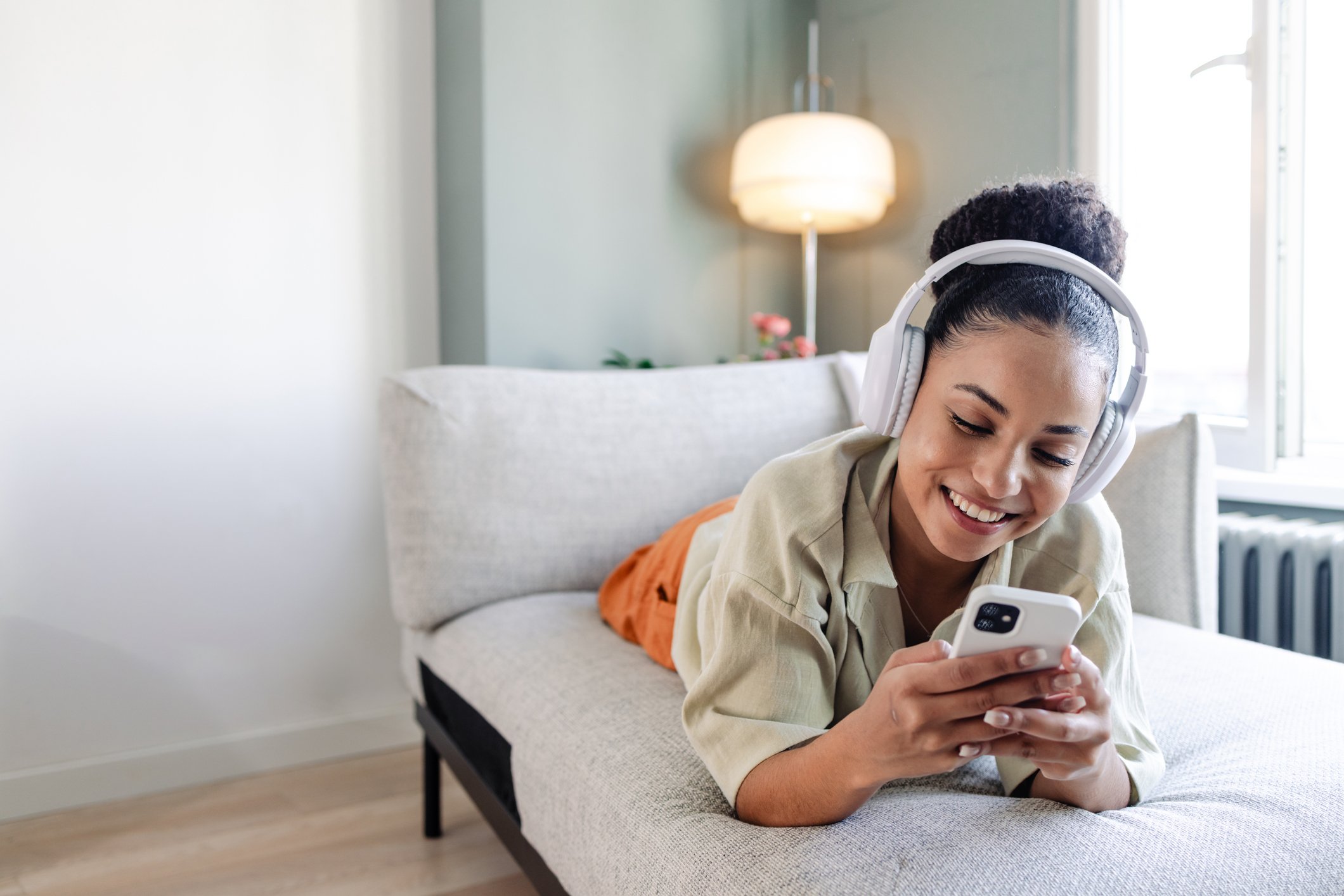Each time you think you've seen it all from Alibaba (BABA 2.87%), the Chinese e-commerce giant comes up with a new surprise project. The company is in the movie business, the car-selling business, the food-delivery business, and the entertainment ticketing business. And now, it's announced the launch of a futuristic hotel.
The 290-room hotel in Hangzhou, China, called FlyZoo, aims to use updated technology to fix a number of typical hotel annoyances, such as long lines to check in, losing your keycard, and dealing with rude staff members. The project was a combination of efforts from Alibaba's online travel platform, Fliggy, as well as other businesses from Alibaba, such as its artificial intelligence (A.I.) arm and its cloud arm.
Here are three innovations at FlyZoo that stand out:

The FlyZoo app lets you decide exactly where your hotel room is. Image source: Alibaba.
1. Using an app to choose your ideal room
You probably guessed that FlyZoo has a savvy app for the booking process. However, you might be surprised by some of the specific room options. Not only can you choose the floor you want to stay on, you can also choose which direction your room faces.
The app also cuts down on guest-staff interactions because most guests can check in and out through the app. But if you're a foreign passport holder, you will also need to visit a kiosk at the hotel as part of the check-in process.

Alibaba's new futuristic hotel, FlyZoo, uses facial recognition for access to the elevators. Image source: Alibaba.
2. Facial recognition replaces keycards
Perhaps the most common inconvenience at traditional hotels is having to keep a keycard or key to get into your room and other areas of the building. And if, as in some cases, the keycard malfunctions, you must return to the check-in desk for a new one.
FlyZoo does away with this issue by installing facial recognition systems to allow guests easy and secure access throughout the hotel. Even the elevators are accessed through facial recognition.
The system recognizes you as a guest based on the photo taken of you during check-in. This updated form of a keycard should help guests feel safer, as well as less anxious about whether they left their keycard in the room or car.
Check out the latest earnings call transcript for Alibaba.

The FlyZoo hotel features robots that will bring you items like water and pillows. Image source: Alibaba.
3. Your own Tmall Genie acts as a personal assistant
Each room in FlyZoo also comes equipped with a complimentary voice-activated home speaker called the Tmall Genie, Alibaba's version of the Amazon (AMZN 1.79%) Echo. The device acts as a personal assistant with the ability to perform simple tasks, such as adjusting the temperature; operating the lights, curtains, and TV; playing music, and answering simple questions about things like the weather or WiFi code.
The Tmall Genie also further reduces time spent interacting with staff. Instead of calling the front desk for water or fresh towels, guests can give the simple request to the Genie. The water and towels will then be delivered by an Alibaba-branded robot.
Alibaba's Genie was introduced in July 2017 at a price of $73, and the company sold 2 million units in just under a year. The device was made exclusively for China, so it doesn't compete directly with Amazon's Echo.
Alibaba has always quickly adapted to trends in order to take advantage of surging markets. China's hotels made almost $800 billion in 2018, according to a report from the China Hospitality Association and Shanghai Inntie Hotel Management Consultants. Alibaba has taken note of the booming travel industry and wants to be sure its hotels stand out from the crowd. And with robots and facial recognition software, FlyZoo seems to do just that.






